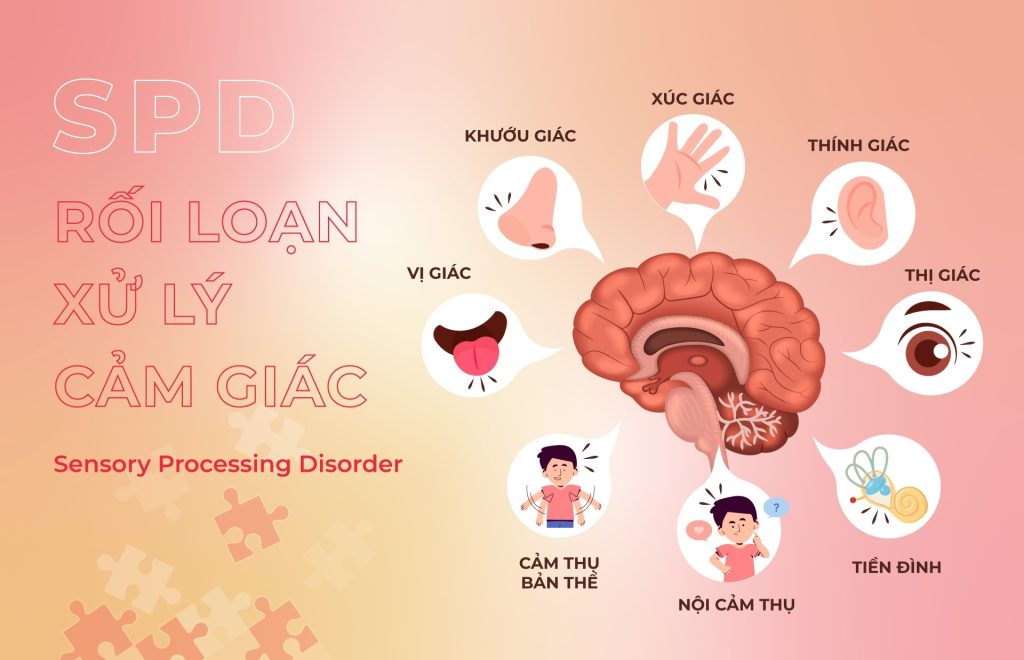What is Hearing Loss?
Hearing loss, also known as deafness, is a condition where the ability to hear sounds gradually diminishes. There are three types of hearing disorders depending on the affected area:
Sensorineural Hearing Loss: Occurs when there is damage to the inner ear cells or auditory nerves. The condition can occur naturally as part of the aging process or after an injury. Conductive Hearing Loss: Occurs when sound transmission is blocked and cannot pass from the outer ear to the inner ear. Mixed Hearing Loss: Happens when both sensorineural and conductive hearing losses are present, causing damage to auditory nerves and sound transmission. Common Symptoms
Click here to view Treatment for Hearing Disorders
What are the signs and symptoms of hearing disorders? Common symptoms of hearing disorders include:
Difficulty hearing and understanding words, especially in noisy environments. Difficulty hearing consonants. Often asking others to repeat phrases. Listening to the radio or watching TV at high volumes. Inability to determine the direction of sounds. Difficulty engaging in conversations. You may experience other unmentioned symptoms. If you have any concerns about the signs of the disease, consult a doctor.
When Should You See a Doctor?
You should contact a doctor when experiencing the following signs:
Sudden hearing loss. Inability to understand entire conversations. Feeling like the sound is muffled. Needing to turn up the volume significantly when watching TV or listening to music. Causes of the Disease
What causes hearing disorders? Various factors can cause hearing disorders, including:
Aging or frequent exposure to loud noises can damage auditory cells and nerves responsible for transmitting sound signals to the brain. Once signals are not adequately transmitted, your hearing abilities diminish. You may experience sounds as muffled and feel like you’re hearing isolated words in noisy conditions. Earwax buildup can block the ear canal and impede sound waves. Ear infections or abnormalities like bone or tumor growth. Loud noises, sudden pressure changes, or puncturing the eardrum with foreign objects can damage hearing. Genetic factors or hereditary diseases. Risk Factors

Click here to view Treatment for Hearing Disorders
Who is at risk of hearing disorders? Hearing disorders are a highly prevalent health condition, especially among the elderly. You can learn to manage the disease by minimizing risk factors. Consult a doctor for more detailed information.
What factors increase the risk of hearing disorders? Several factors increase your risk of hearing disorders, including:
Prolonged exposure to loud noises. Genetic predisposition. Working in environments with high noise levels. Using antibiotics like gentamicin or other chemicals that affect the inner ear. Your temporary hearing ability may be impaired with high-dose aspirin, antimalarial drugs, or diuretics. Certain health issues related to fever, such as meningitis, can affect the cochlea. Aging: as you get older, the inner ear structure weakens, leading to hearing disorders. Effective Treatment
The information provided cannot replace the advice of medical professionals. Always consult a doctor.
What medical techniques are used to diagnose hearing disorders? The doctor will inquire about your initial symptoms and whether you are affected by loud noises. They will also ask about your living environment and work environment to identify the cause of hearing impairment. The doctor will conduct tests to accurately determine the damaged part of the ear and provide appropriate treatment.
Clinical examination. The doctor will inspect the ear to identify causes such as earwax buildup or infection. Screening tests. The doctor will ask you to cover one ear and check your hearing ability and your ear’s response to sound. Tuning fork test. The doctor will use a tuning fork to determine sound disorders and identify damage to the auditory nerves or any part of the ear. Audiometry test. You will wear headphones and listen to various sounds at different volumes. The doctor will ask you to identify certain sounds. What methods are used to treat hearing disorders? Depending on the cause of the hearing disorder, the doctor will prescribe suitable treatment methods. Treatment may be as simple as removing earwax to avoid sound obstruction. If more severe, the doctor may recommend:
Surgery: necessary when hearing disorders become severe and infected. Using hearing aids to help you recognize and hear sounds more easily. Cochlear implants are also a treatment option for severe cases to restore damaged parts of the inner ear. You should consult a doctor before using assistive devices as they may lead to issues affecting the ears, nose, and throat.
Click here to view Treatment for Hearing Disorders
Appropriate Lifestyle
What lifestyle habits help limit the progression of hearing disorders? You can control this condition by adopting the following measures:
Being in a favorable environment during conversations, facing the interlocutor, or turning off noise that may affect communication. If you don’t catch certain words, don’t hesitate to ask the person to repeat them clearly and loudly. Using assistive devices can be helpful when experiencing hearing disorders. If you have any questions, consult a doctor for advice on the best supportive treatment methods.
See more: Ménière’s Disease – Causes and Treatment

